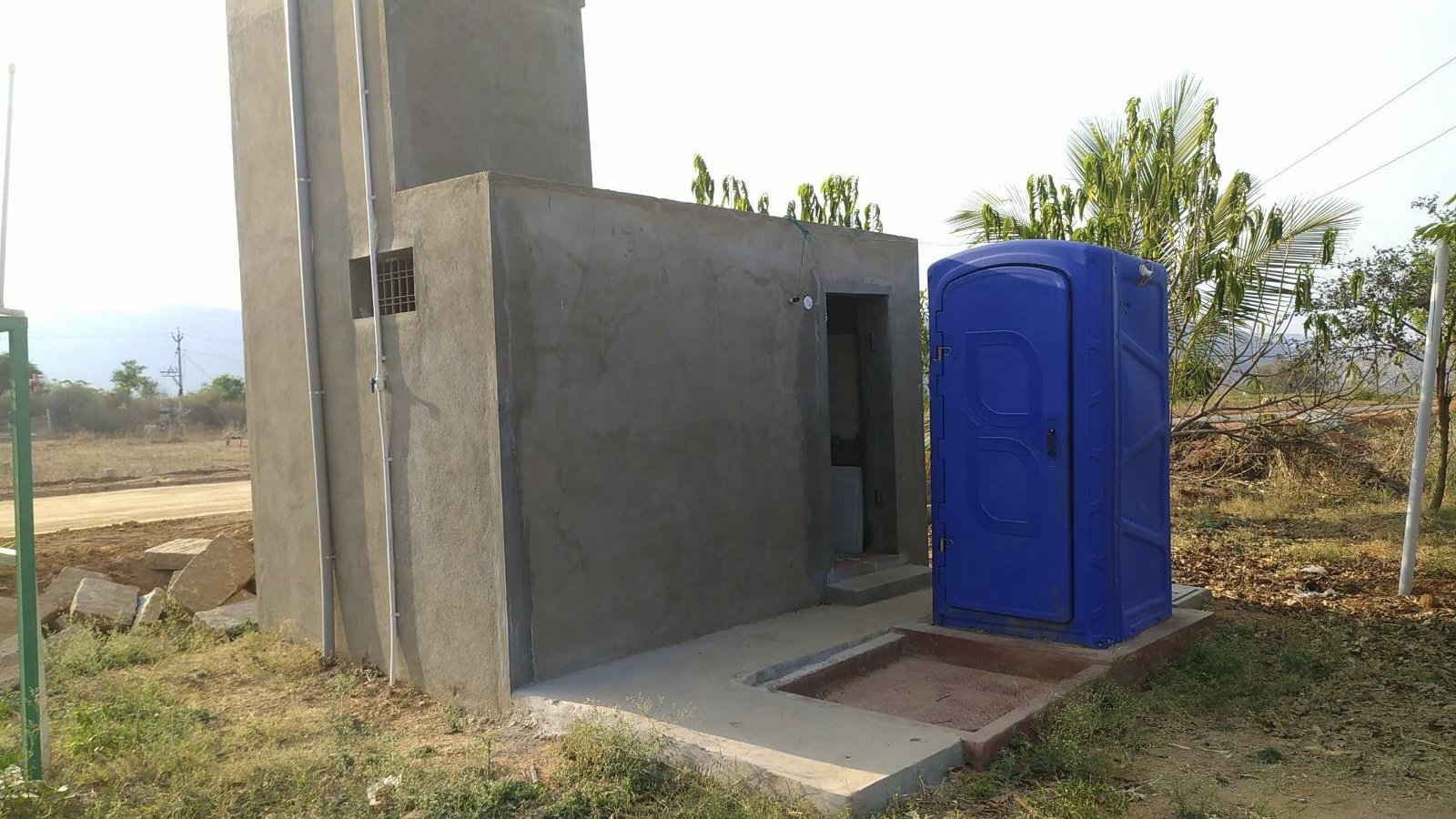
Construction of an Eco-friendly Bio-Toilet
Diguvapalem, a small village of a few hundred people, is a 30 minute walk from the Rishi Valley school campus, where I studied. Like many areas in rural India, Diguvapalem lacks adequate access to public toilets. There is only one toilet in the whole village, located in Nandu’s home. As a result, virtually the entire population of the village does not have access to a toilet. Public defecation is prevalent, even though it could lead to diseases such as diarrhea and cholera. Since the entire area is drought prone, Diguvapalem also has a chronic water shortage, which is particularly damaging as the main occupation is agriculture.
After having visited Diguvapalem on multiple occasions, I decided to see whether we could do anything to help solve these issues. I reached out to Shubhra Biotech, a company based in Hyderabad. Shubhra Biotech designs eco-friendly toilets that can take black water from a toilet and then acts on it using a specialised bacterial culture. The resultant gray water then passes through a reed bed before being output as water that can be used for agricultural purposes. This is the best use for the water since it is not potable.
I spoke to the lead scientist at Shubhra Biotech, Srikanth Reddy, and decided that with the company’s help, we would construct such a toilet in Diguvapalem for public use. After we came up with the idea, I raised the funds for the system, and the construction was completed. The toilets are now in use, and can have immense application in addressing the water shortage in the area, and potentially in other rural areas of India.
